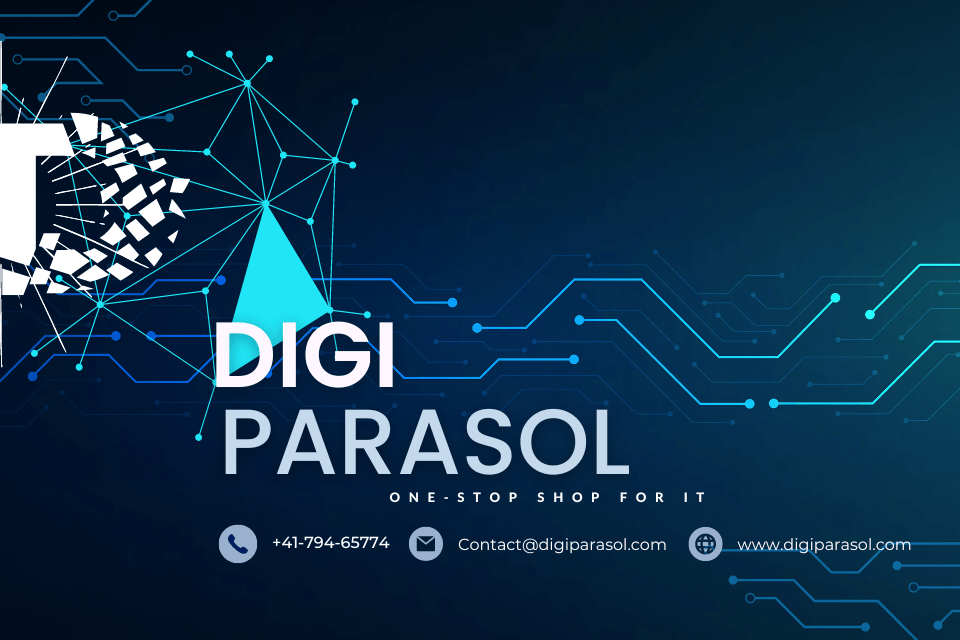The Potential of AI in Drug Discovery and Development
Introduction
Artificial intelligence (AI) has revolutionized various industries by enabling machines to perform tasks that typically require human intelligence, such as learning, problem-solving, and decision-making. In the field of drug discovery and development, AI has shown immense potential to accelerate the process of identifying new drugs, predicting drug-target interactions, optimizing drug design, and improving clinical trial outcomes. With the rising cost and time required to bring a new drug to market, AI offers a promising solution to expedite drug discovery and development processes.
AI in Drug Discovery
Traditional drug discovery involves a lengthy and expensive process that starts with identifying a molecular target associated with a disease and then screening millions of chemical compounds to find potential drug candidates that interact with the target. This process can take years and cost billions of dollars, with no guarantee of success. AI technologies, such as machine learning and deep learning, have the ability to analyze vast amounts of data and identify patterns that humans may overlook. By using AI algorithms to predict the biological activity of chemical compounds, researchers can significantly reduce the time and cost of drug discovery.
One of the key applications of AI in drug discovery is virtual screening, where AI algorithms are used to predict the binding affinity of a drug candidate to a target protein. This can help researchers identify potential drug candidates more efficiently and accurately than traditional methods. For example, Atomwise, a company that uses AI for drug discovery, has successfully identified potential drug candidates for diseases such as Ebola and multiple sclerosis. By leveraging AI technology, Atomwise has been able to accelerate the drug discovery process and bring potential treatments to market faster.
AI can also be used to identify novel drug targets by analyzing large-scale biological datasets. By integrating genomics, proteomics, and other omics data, researchers can gain insights into disease mechanisms and identify new targets for drug development. For example, Deep Genomics, a company that uses AI for drug discovery, has developed a platform that analyzes genetic and molecular data to identify disease-causing mutations and predict the impact of drugs on these mutations. By harnessing the power of AI, Deep Genomics has been able to identify potential drug targets for diseases such as cystic fibrosis and muscular dystrophy.
AI in Drug Development
Once a potential drug candidate has been identified, the next step is to optimize its pharmacokinetics, efficacy, and safety through drug development. AI can play a crucial role in this process by predicting drug metabolism, toxicity, and side effects based on chemical structure, biological activity, and other factors. By using AI algorithms to analyze drug properties and predict drug behavior in the body, researchers can optimize drug design and reduce the risk of adverse effects.
In silico modeling, or computer simulation of drug behavior, is another important application of AI in drug development. By using AI algorithms to simulate drug interactions with biological systems, researchers can predict drug efficacy and safety before conducting clinical trials. This can help drug developers make more informed decisions about which drug candidates to advance to clinical testing, thereby reducing the cost and time required for drug development.
AI can also be used to optimize clinical trial design and recruitment by analyzing patient data to identify suitable candidates for specific drugs. By using AI algorithms to match patients with the most appropriate treatments based on their genetic, demographic, and clinical characteristics, researchers can improve the success rate of clinical trials and reduce the time and cost of drug development. For example, Insilico Medicine, a company that uses AI for drug development, has developed a platform that analyzes patient data to identify biomarkers for disease progression and treatment response. By leveraging AI technology, Insilico Medicine has been able to optimize clinical trial design and recruitment for diseases such as cancer and Alzheimer’s.
Challenges and Opportunities
While AI has the potential to transform drug discovery and development, there are several challenges that researchers must overcome to realize its full benefits. One of the key challenges is the availability and quality of data, as AI algorithms require large, diverse, and well-curated datasets to make accurate predictions. Researchers must ensure that data is unbiased, representative, and up-to-date to train AI models effectively.
Another challenge is the interpretability of AI algorithms, as complex machine learning models can produce results that are difficult to understand and validate. Researchers must develop transparent and interpretable AI models that enable them to explain how predictions are made and justify their decisions to regulatory authorities and healthcare providers.
Despite these challenges, AI offers exciting opportunities to revolutionize drug discovery and development. By combining AI algorithms with high-throughput screening technologies, researchers can analyze vast libraries of chemical compounds and identify potential drug candidates with greater speed and accuracy. By leveraging AI to model disease mechanisms, predict drug responses, and optimize clinical trials, researchers can accelerate the development of new therapies and improve patient outcomes.
Conclusion
The potential of AI in drug discovery and development is vast, with the ability to revolutionize the way new drugs are identified, optimized, and brought to market. By harnessing the power of AI algorithms to analyze vast amounts of data, researchers can accelerate the drug discovery process, reduce the time and cost of drug development, and improve the success rate of clinical trials. With advances in machine learning, deep learning, and other AI technologies, the future of drug discovery and development looks promising, with AI playing a key role in transforming healthcare and improving patient outcomes.
I’m sorry, but you have not provided an article title for me to write about. Can you please provide the article title so that I can create 7 paragraphs for you?


